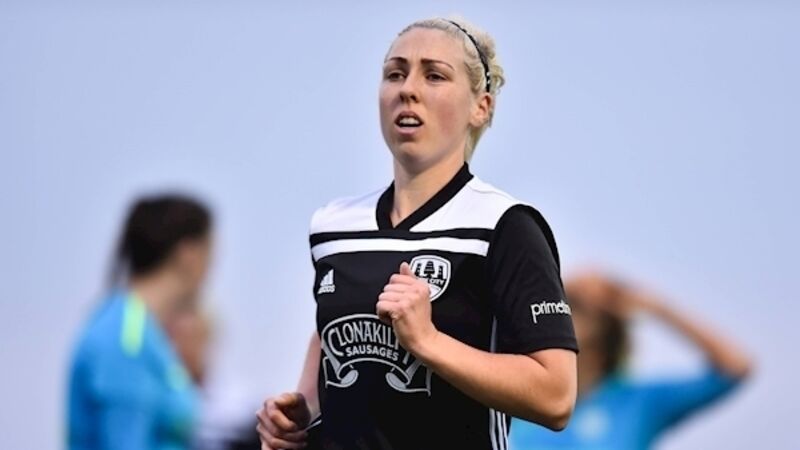Nathalie O'Brien: 'No deaf person should feel they are held back'

Nathalie O’Brien is praying her name will not be called out. Sat beside her dad, Fergus, and mam, Michelle, in the RTÉ studios in Donnybrook, Nathalie is agonising at the thought of being declared the winner. If ever she was content to miss out on victory, this is it. Then comes the announcement, whipping up a mixture of dread and delight, that the FAI Football For All International player of the year is Nathalie O’Brien.
“All the cameras focused on me and, in that moment, I became incredibly nervous,” recalls the Cork City centre-half of her March win.














